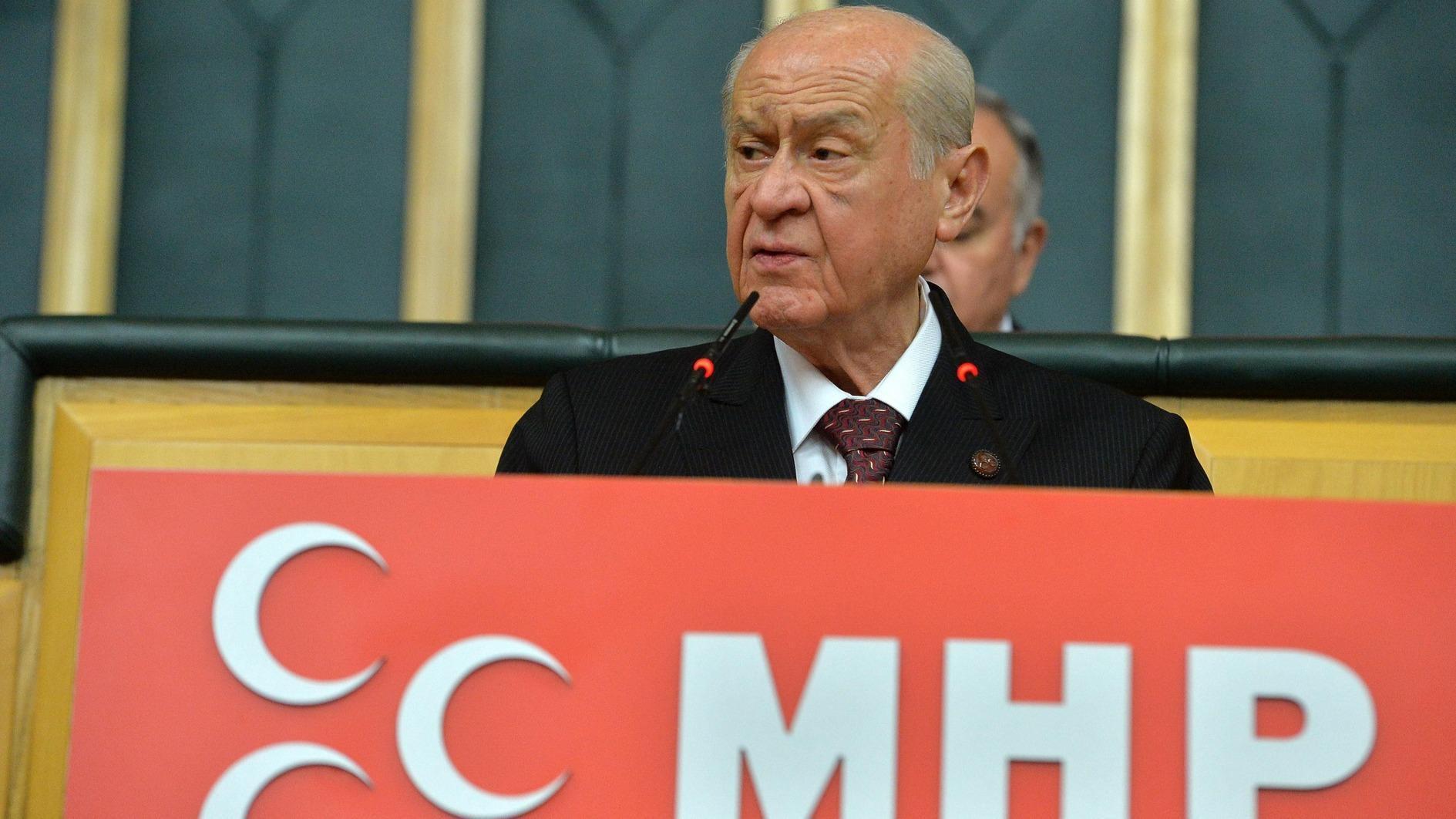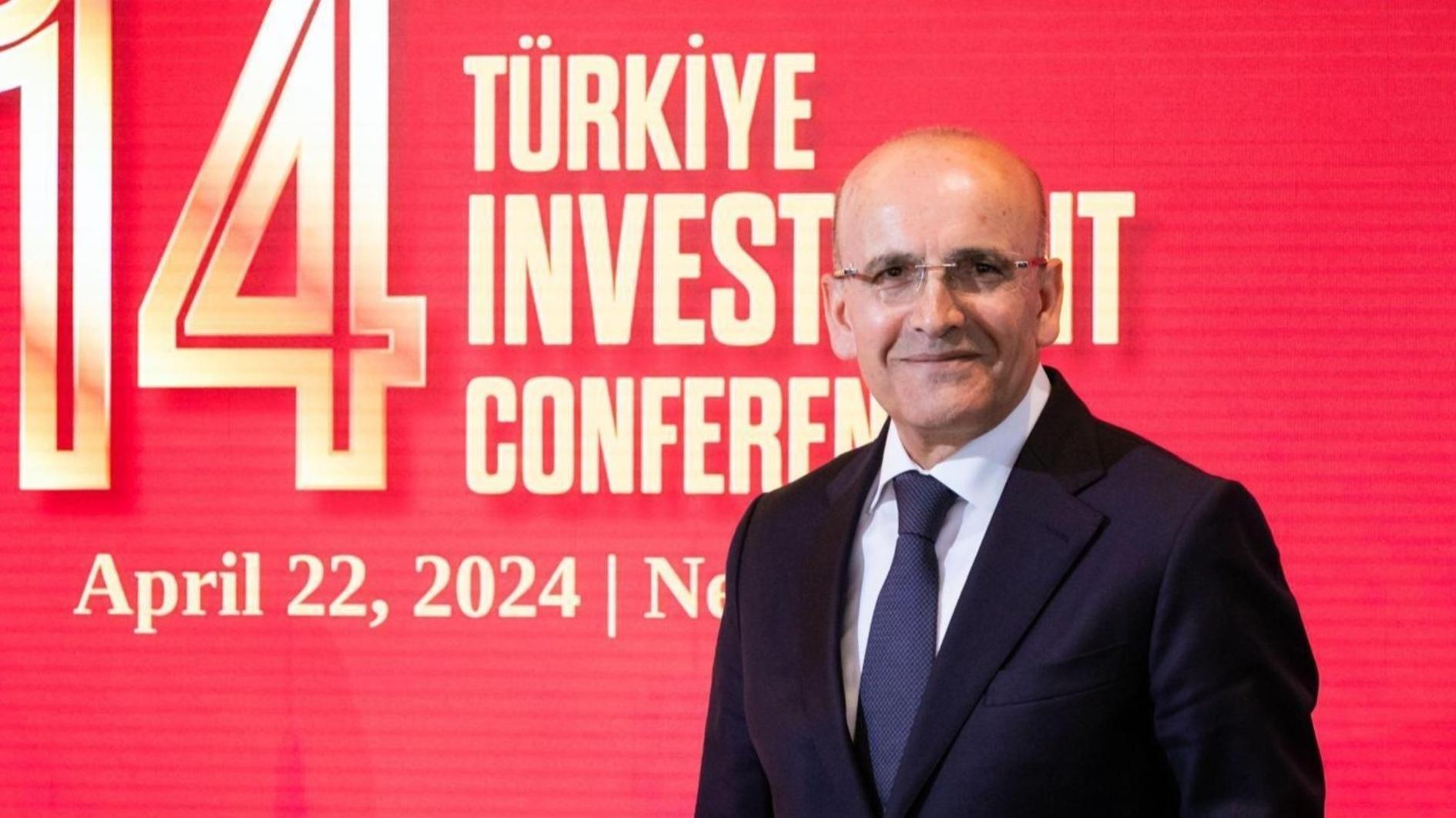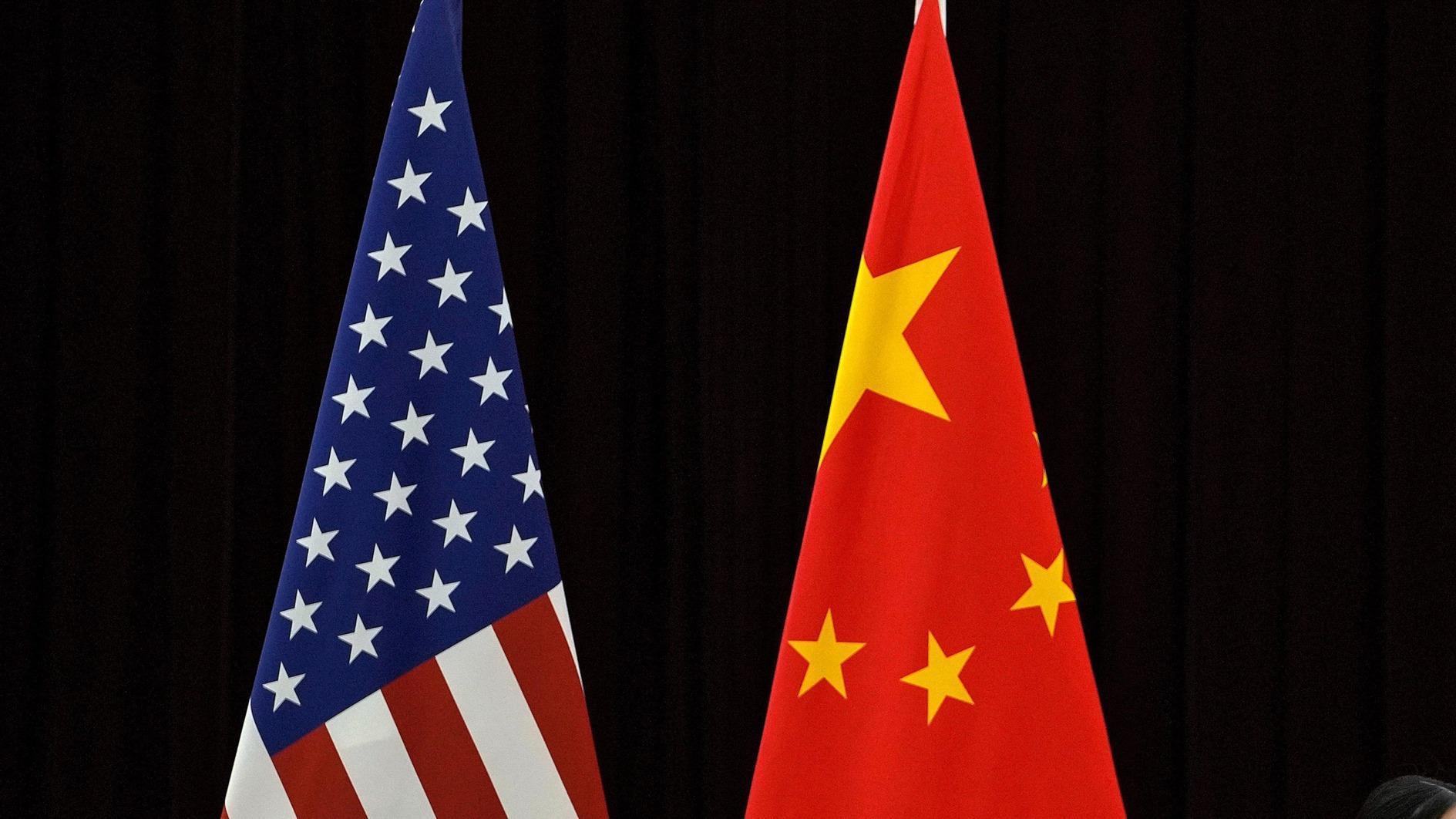Turkey aims to secure financial, technological aid at Paris climate meet
Barçın Yinanç - barcin.yinanc@hdn.com.tr
 One of Turkey’s main focus in the Paris climate summit that will kick off on Nov. 29 will be to secure financial and technological assistance on its efforts to mitigate green gas emissions, said a scholar.
One of Turkey’s main focus in the Paris climate summit that will kick off on Nov. 29 will be to secure financial and technological assistance on its efforts to mitigate green gas emissions, said a scholar. But as Turkey is set to continue on an ambitious development strategy, the government national plan to decrease its emissions is based on doing practically nothing, said Semra Cerit Mazlum.
Can you summarize Turkey’s policy on climate change up until the Paris summit?
In the 1990s, countries were divided into categories. Annex 1 included developed countries, whereas annex 2 included only OECD countries, and as a member of the OECD, Turkey was categorized under both annex 1 and annex 2. Therefore, in contrast to annex 1 countries which were only committed to emission mitigation, Turkey was also committed to financially and technologically assisting developing countries, which were categorized as non-annex 1.
Claiming that this categorization was not fair, Turkey has built its policy for the past 25 years on trying to get out of both annex 1 and 2. It succeeded in extracting itself from annex 2 in 2001 and became part of the U.N. convention on climate change in 2005.
Turkey is aware of the seriousness of the problem of climate change. There is a conviction that measures are needed. But the official discourse is based on the fact that its level of development is not sufficient to meet the expectations regarding it.
So, rather than contributing to the global effort on climate change, it is focusing on getting its own conditions recognized within the climate regime.
So is Turkey among the countries that sees efforts on climate change as an obstruction on its development policies?
It is not possible to say there is a unified voice on that – different stakeholders have different discourses. Certain ministries believe that emission mitigation measures will slow down economic growth and think the international demands are unfair. But emission mitigation does not mean downsizing; you can grow while you reduce green gas emissions. Climate change policies do not foresee downsizing but transformation and a different type of development.
But it seems that’s not the prevailing mentality among Turkish decision-makers.
Seeing [mitigation efforts] as a transformation would mean perceiving it as an opportunity. But when you think the outcome will be an economic slowdown, then it is perceived as a threat. The general approach in Turkey is to see it as a threat rather than an opportunity.
Which are the ones that see it as a threat? The Energy Ministry?
I can’t name them one by one, but obviously measures on climate change are perceived as being against the institutional interests of the Energy Ministry while, because the raison d’être of the Environment Ministry is to protect the environment, they seem to be more progressive.
But can you say that those who see it as threat are shaping the final policy?
Probably we can say that. Ever since the 1970s, those on the development side have been more conservative. The national negotiation position is shaped based on the minimum common denominator among the stakeholders. But obviously the Energy Ministry, which favors a climate policy without set targets, is usually more dominant.
What has been Turkey’s policy as far as implementation?
Following the entry into force of the Kyoto Protocol, Turkey fast began an effort to produce strategies and documents. But we cannot say they have been efficient when looked at from the output-outcome perspective. There have been several policy papers that have been prepared in terms of output; we have a climate change strategy paper, action plan, et cetera. But they have remained as initiatives that did not produce any outcome.
Turkey has registered a high level of growth in the last decade; does that mean that Turkey has been polluting the world while doing so?
There is the concept of decoupling. You can pursue growth policies without polluting but there is no such decoupling in Turkey.
What will be Turkey’s position in Paris?
First let me say that just before the Paris summit, the program of the 64th government was read out in parliament. Unfortunately, climate change is only mentioned in one sentence among other environmental problems.
As for the summit, let me say that Turkey is going to Paris with a more optimistic expectation. The Paris summit is expected to open a new page in the climate change regime. It is expected that a new system will be established with more participants to take more action to be part of the global efforts. This could be possible because until, now there was a stricter differentiation [among countries]. But in order to reach an agreement in Paris, there will be flexibility in the categorization of countries; that would especially enable developing countries to take part in the regime according to their conditions and capabilities. In such a framework, Turkey will find it easier to take part in the new climate change regime since it has been its desire to enter the regime in conditions specific to it.
What is your view on Turkey’s intended nationally determined contribution, which include the targets for the mitigation of emissions?
Turkey’s national contribution is based on doing nothing. It foresees a 21 percent mitigation, but its base scenario foresees high growth levels and high energy consumption. When you look at Turkey’s economic performance, it is not realistic to expect that Turkey will reach these growth levels, so it won’t make too much effort on mitigation.
What will Turkey’s negotiation position be in Paris?
Turkey endorses a discourse similar to that of the United States, which says we do not live in the world of the 1990s and that the poor countries of that period are now big economies. Turkey as well defends that that old categorization should be abolished and that each country should contribute in accordance with its own conditions.
But Turkey’s main focus will be to secure financial and technological support for its mitigation policies. Turkey is already accepted as a country that can receive support until 2020 and it already benefits from the funds of the World Bank and the European Union. But the government wants this to be permanent and accepted openly in the new regime.
The Green Climate Fund (GCF) is a mechanism that enables countries to both contribute to the fund but also benefit from it. So it would have been good if Turkey had declared it would support the fund. But it has not done so.
We know that Turkey will continue with its ambitious growth policies. How will that affect its policies on climate change?
Turkey is aware that it cannot act as it has done so far in the future with the new climate change regime that is being shaped. As such, it is in a rush to undertake big infrastructure projects and big energy investments. Turkey’s policy is based on developing while polluting and cleaning up after the development. This is how it defines sustainable development. But this is a policy that comes at a high cost for the future. We are unfortunately postponing the future.
Who is Semra Cerit Mazlum?

She received her PhD in urban and environmental studies from Ankara University in 2000. She has published work on Turkey’s policies on environmental and climate change, international climate politics, sustainable development and environmental NGOs.
Mazlum is the co-editor of the book “Civil Society and Foreign Policy” (in Turkish) (2006) and editor of the “Post-2012 Climate Change Negotiations Guidebook” (2009).
















